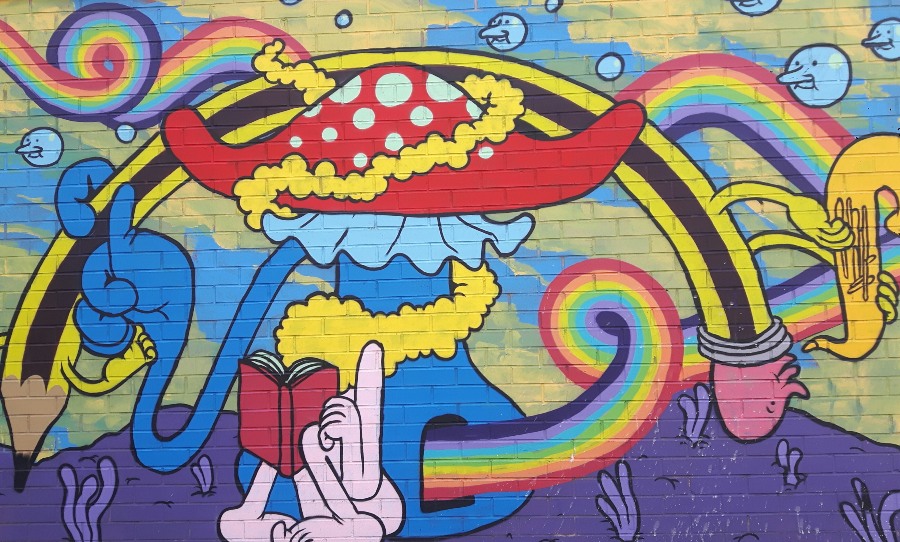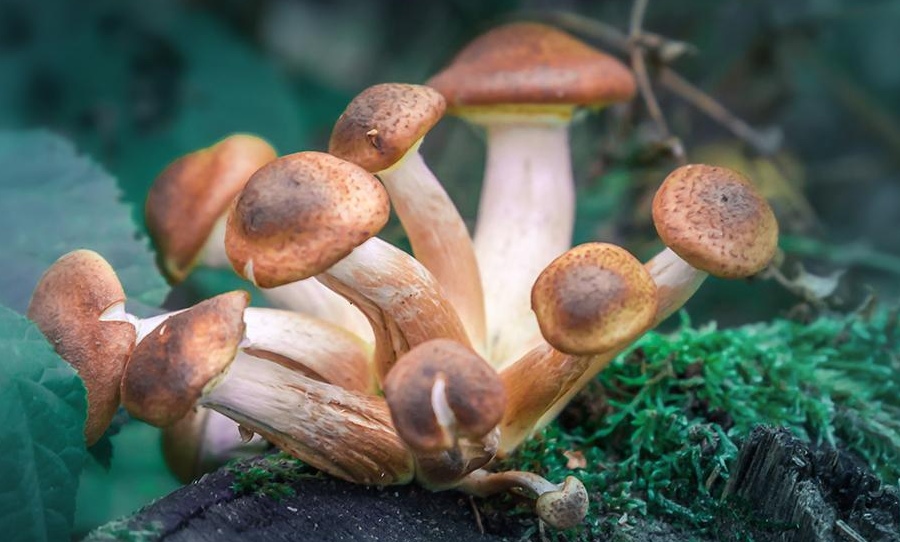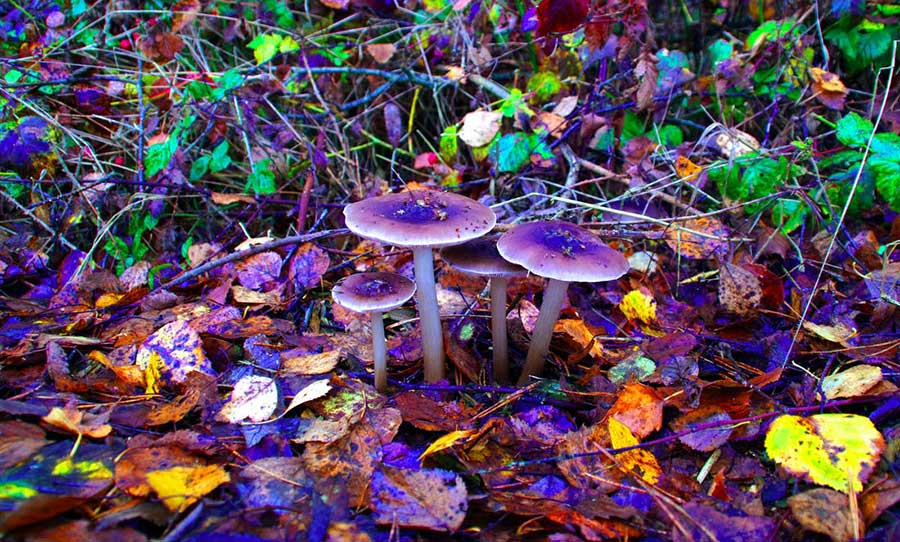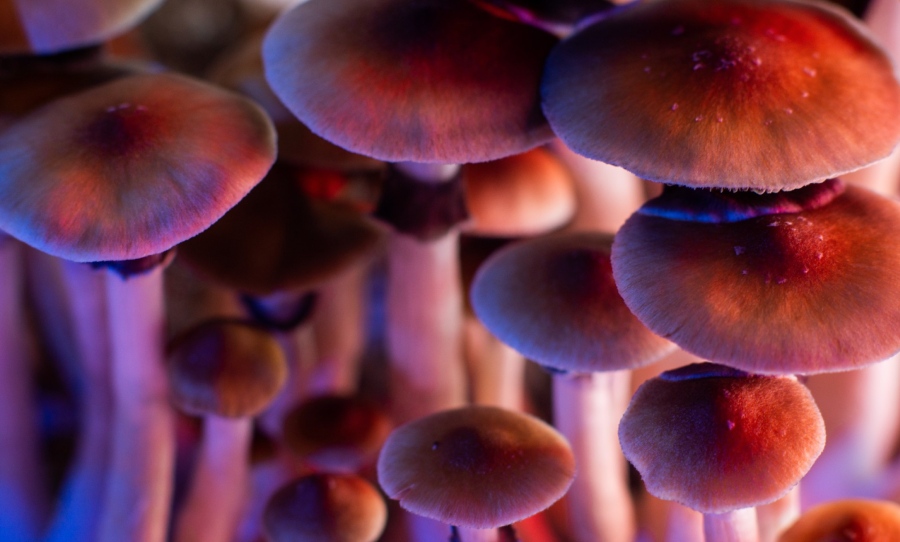The ingredient found in magic mushrooms can relieve symptoms of anxiety and depression, especially in cancer patients.
Scientists continue to discover health benefits through the study and use of illicit drugs such as magic mushrooms. Research has found that one prescription of magic mushrooms can heavily relieve depression and anxiety, especially in cancer patients.
Symptoms can stay away for up to five years after a single dosage.

Psilocybin is a compound found in magic mushrooms and can be used with psychotherapy to drastically reduce anxiety and depression.
According to a study conducted by New York University’s Grossman School of Medicine, there was a vast improvement in “emotional and existential” concern that many cancer patients experience.
Scientists investigated a report on the compound conducted in 2016.
The report read that: “immediate, substantial, and sustained improvements in anxiety and depression” after prescribing cancer patients with psilocybin.
They found that the positive effects of psilocybin in mushrooms have continued even after almost five years.
Researchers said: “participants overwhelmingly (71 to 100 per cent) attributed positive life changes to the psilocybin-assisted therapy experience and rated it among the most personally meaningful and spiritually significant experiences of their lives.”
Dr Stephen Ross, head investigator of the 2016 study stated as a result: “Adding to evidence dating back as early as the 1950s, our findings strongly suggest that psilocybin therapy is a promising means of improving the emotional, psychological, and spiritual wellbeing of patients with life-threatening cancer.”
Research like this proves that many recreational drugs (yes, there are more!) can be used as a legitimate medical asset.
The recovery of physical medical illnesses such as cancer may see a smoother recovery process with the help of our beloved shrooms.
The research has been published in the Journal of Psychopharmacology. Click here to discover more.



